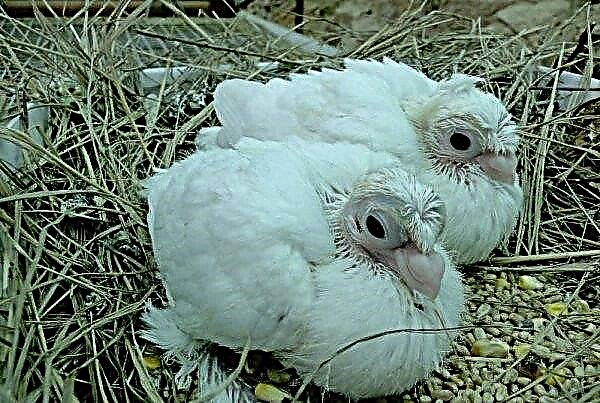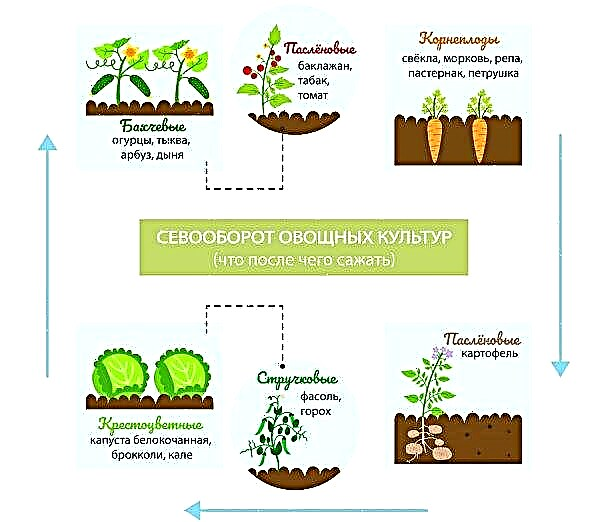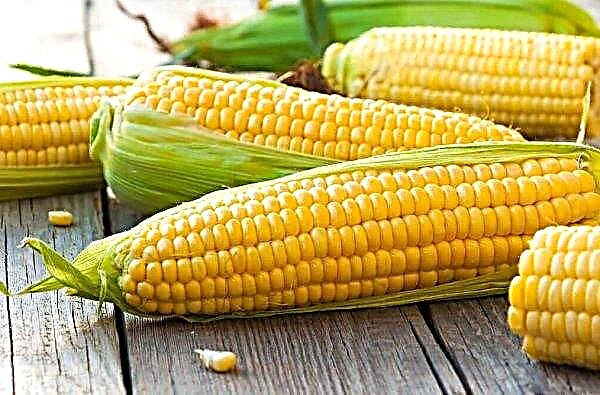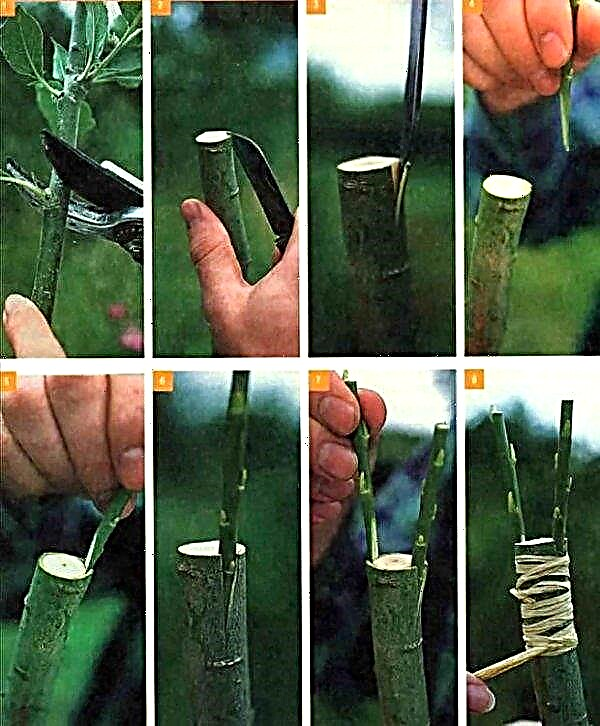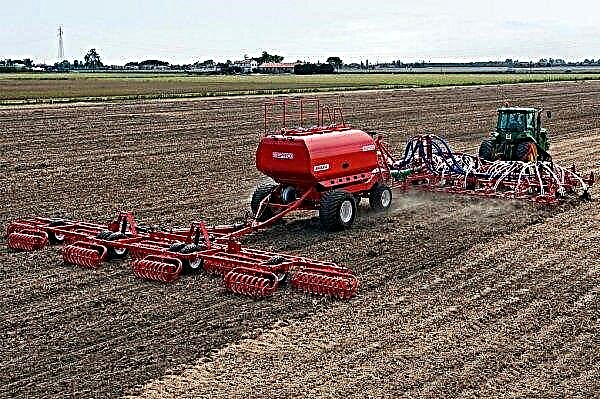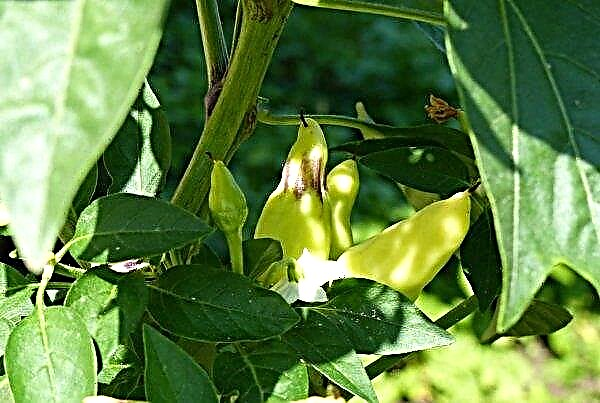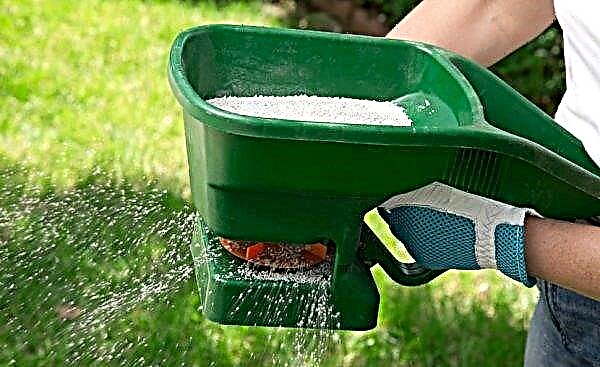More than ever before, people choose milk without milk instead of cow milk.
In fact, the demand for walnut, soy and oat milk has grown so significantly that Dairy Farmers of America (DFA) claims that milk sales fell by about $ 1.1 billion last year and net sales totaled $ 13.6 billion. compared to $ 14.7 billion in 2017.
DFA President and Chief Executive Officer Rick Smith called 2018 “a daunting year” for dairy farmers due to rising demand for dairy-free products coupled with falling prices for cow's milk. Experts predict that by 2024 the cost of dairy alternatives could rise to more than 34 billion dollars.
A study by the Food Ethics Council found that 46% of consumers aged 16 to 24 consider the current food system unfair to the planet. This suggests that young consumers are moving away from cow's milk in this movement because of environmental concerns.
In addition, a recent study by Ripple, a real-time gross settlement system, showed that the production of dairy milk (dairy cows) produces four times more carbon dioxide than the production of vegan milk.A survey conducted by the Plant Food Association found that 78% of people who drink milk still consider plant-based milk to be the same milk, which suggests that an increasing number of people are simply considering vegetable milk as a simpler option than milk natural.

